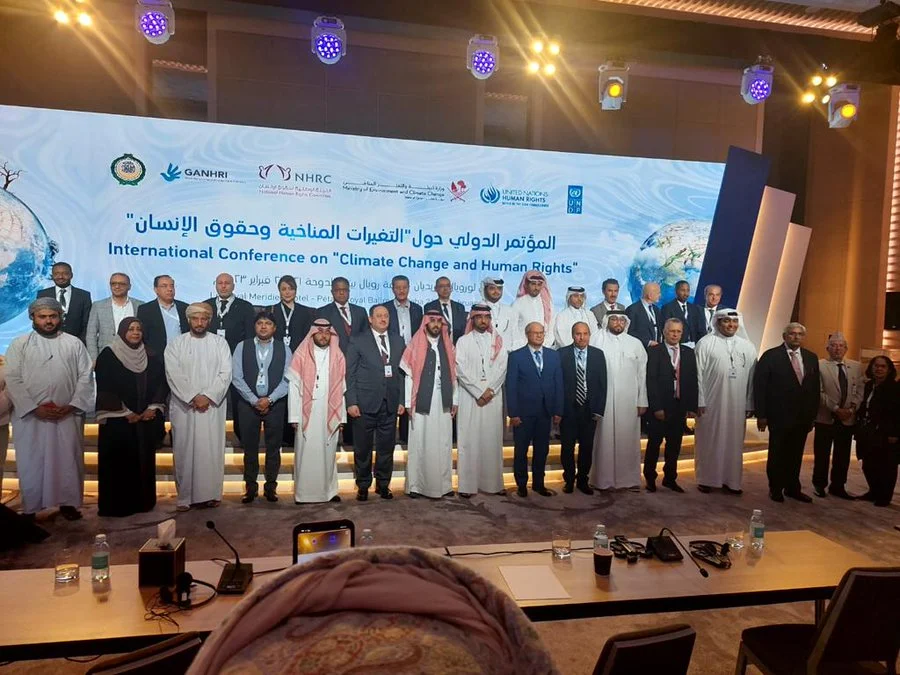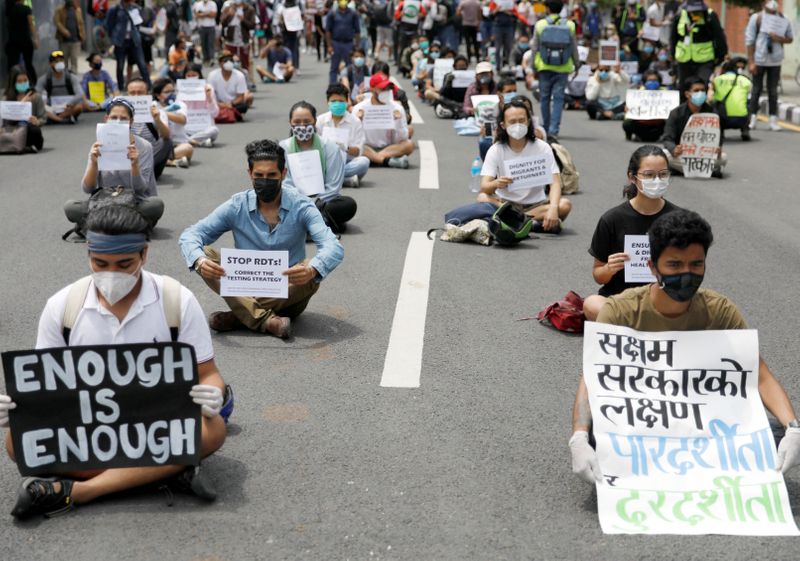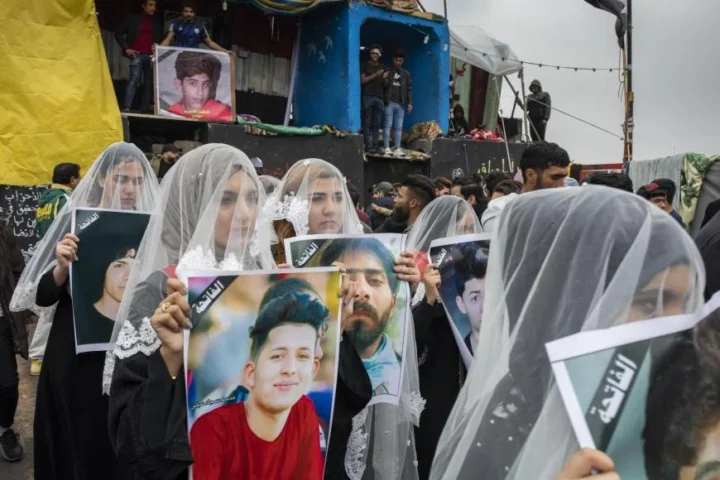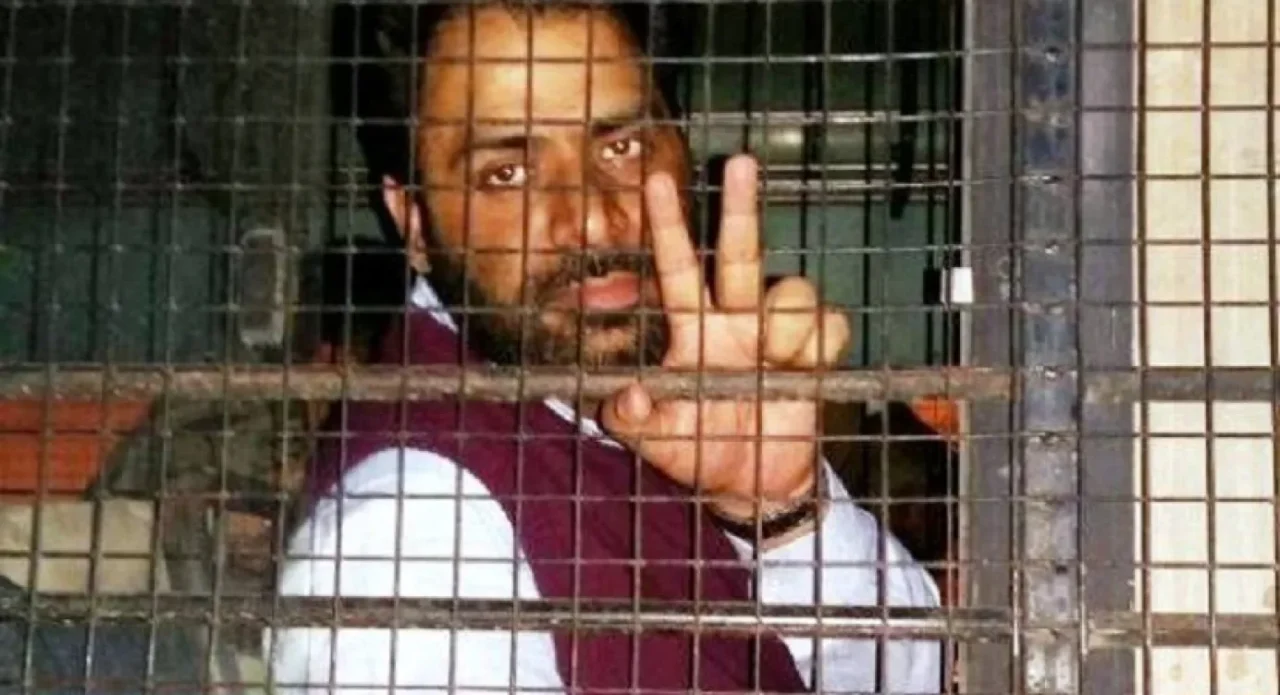NHRC Chairperson, Mr. Justice Arun Mishra attended & addressed International conference on Climate Change & Human Rights
IPCA( Doha) -Under the patronage of Prime Minister and Minister of Interior HE Sheikh Khalid bin Khalifa bin Abdulaziz Al Thani, the International Conference on Climate Change and Human Rights kicked off Tuesday in Doha, with the participation of more than 300 experts and stakeholders from different countries around the globe.
Mr. Justice Arun Mishra, Chairperson, NHRC, India has said that the human-induced build-up of Green House Gases is causing climate change raising serious concerns about human rights. It is unfair to expect developing countries to follow the same emission standards rigorously. They often need more resources and technology. To meet it, the global fraternity has to prioritize technology transfer capacity-building.
Justice Mishra was addressing the International Conference on Climate Change and Human Rights: impacts and obligations in Doha, Qatar. The two-day Conference has been organized by the Human Rights Commission in Qatar in collaboration with GANHRI, United Nations Human Rights, and UNDP.
The NHRC Chairperson said that the transportation of hazardous waste by developed countries to under-developed and developing countries for disposal needs to be stopped as it results in environmental degradation and consequent violation of human rights. Plastic dumping in the Ocean is endangering bio-diversity. There is illegal transportation of e-waste to developing countries under the guise of being capable of reuse of which only 9% can be recycled.
Justice Mishra said that an inclusive climate change action entails designing policies that are fair and accessible, and equitable. This requires prioritizing the needs and perspectives of all stakeholders, including those most vulnerable and marginalized.
He said that climate change causes displacement, loss of property, income and access to essential services like healthcare and education due to which the vulnerable groups suffer most. Therefore, it is necessary to include human rights issues into climate policies and programmes along with proper funding of social protection schemes to promote local knowledge and assist community-led adaptation to the effects of climate change. Investing in climate adaptation strategies will be necessary to reduce the risks and achieve Sustainable Development Goals (SDGs). Nevertheless, he said that we also have to ensure benefit from opportunities caused by climatic changes, such as growing crops in previously unsuitable areas.
Besides, he said that due to the change in conventional energy resources, we also have to prepare for alternative employment for those involved in mining operations. In fact, mineral extraction in fragile ecosystems like Antarctica must be stopped until the impacts on climate are assessed before an irreversible damage is caused.
For More Climate and Human Rights Blog
Highlighting the efforts of India to achieve zero emission by 2070 with the help of five goals, Justice Mishra said that situation also calls for committed efforts from the global fraternity, particularly the developed economies, to check climate change. He said that in India, effective and speedy remedial action for pollution control is provided under the Environmental Protection Act, Air Act and Water Act. The Supreme Court, High Court, Special Court, and NHRC deal with environmental matters in a fast-track mode. The Companies Act also ensures Corporate Social Responsibility towards various issues of human welfare including addressing the concerns on ecological balance, flora fauna, animal welfare, agro-forestry.
Among the various steps that the country has been taking to protect environment and check climate change, Justice Mishra said that the production of millet and other course grain cereals keeping in view their adaptability to nature and recycling of old vehicles is critical to reducing emissions, carbon footprint and attaining zero wastage of metals and minerals for inter- generational equity and sustainable development.












